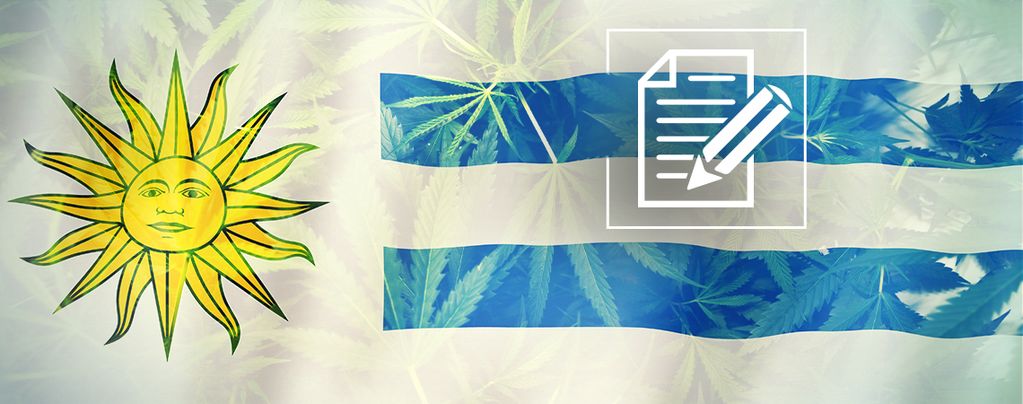
Uruguay: Cannabis Paradise Turned Chaos
Uruguay was the first country in the world to "fully" legalize cannabis, promising to take money and power out of the hands of criminals. But over five years later, Uruguay has built a system that actually promotes the illegal drug trade instead of weakening it.
Welcome to Zamnesia's Editorials, where our writer, Steven, shares his opinion on all things related to the cannabis, CBD, and smartshop industries. Remember, all the views expressed in these articles are those of the author and don't necessarily reflect the opinions of Zamnesia as a company. To share your opinions with our author and our team, make sure to leave a comment.
In 2013, Uruguay became the first nation to fully legalize cannabis. Led by then-president José "Pepe" Mujica, the Uruguayan government promised to regulate the market for the production and commercialisation of cannabis for recreational use. Now, over five years later, does the Uruguayan cannabis market really hold up to what the government promised it would be?
URUGUAY’S BIGGEST ACHIEVEMENT: NO MORE ARRESTS FOR POSSESSION AND HOME CULTIVATION
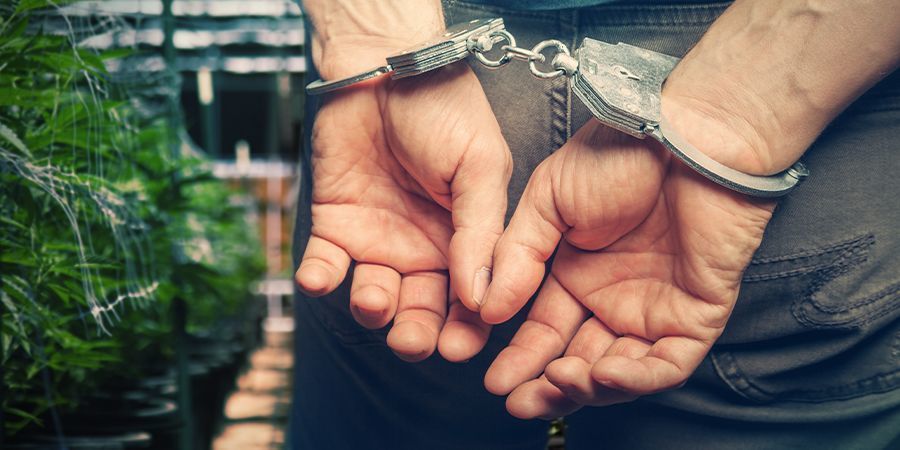
Before I get too critical, I want to praise the Uruguayan government for one thing: ending the criminalisation of the cultivation and use of cannabis. Across the river in Argentina, the police force is still eagerly fighting the illegal drug trade by locking up people for possessing a few grams of weed or a few plants.
Although Uruguay has never criminalised the personal possession of drugs, the government previously took a hard stance against cultivation. One famous case that fuelled legislative change in Uruguay was that of Alicia Castilla, a 66-year-old author who was thrown in jail for cultivating 29 plants.
Today, Uruguayans can legally cultivate up to six plants and consume cannabis liberally anywhere. And for someone who lives across the river where end-consumers are still treated as narcos, that means a lot. So I commend Uruguay for that.
THE BAD: PRETTY MUCH EVERYTHING ELSE
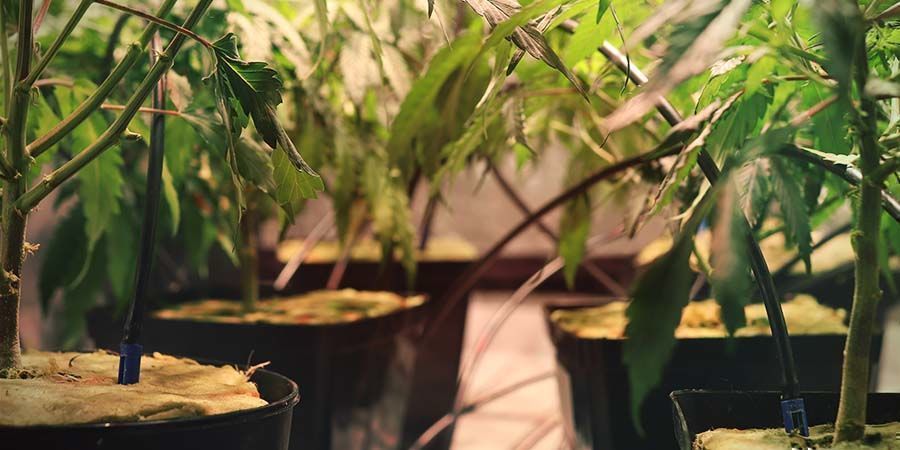
Besides the obvious benefit of not going to jail for planting or consuming cannabis, the Uruguayan system for legalizing cannabis is riddled with all kinds of problems. In order to understand why, you first need to understand that there are three ways to get cannabis legally in Uruguay:
- Growing it: In this case, you can legally possess up to six plants and up to 480g of dried cannabis flower.
- Joining a registered cannabis club: These clubs can have a maximum of 45 members, to whom they can sell no more than 480g of cannabis per year each.
- Buying it at a pharmacy: Here you can purchase up to 40g per month.
All three of these activities are only open to Uruguayan residents. Tourists have no way to legally access cannabis except receiving it as a gift from someone. That already brings us to the first problem of Uruguay’s system for regulating weed:
THERE’S A HUGE BLACK MARKET FOR TOURISTS
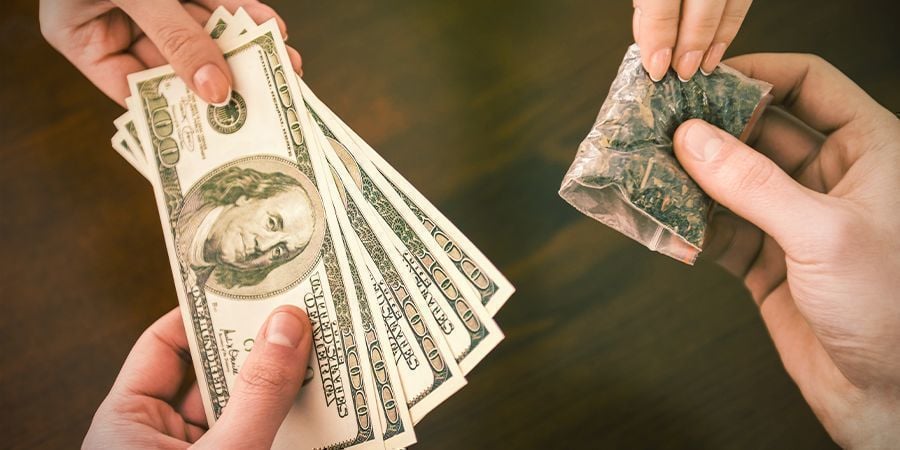
Many tourists visiting Uruguay are eager to get their smoke on. And wherever there’s a demand, you can be sure there’s a supply. Whether it's in downtown Montevideo or along the beaches in Punta del Este, there are many people selling cannabis illegally to tourists on the street. Some grow stores and headshops also cater to tourists, selling cannabis for about $15 USD per gram.
When Uruguay announced its plans to legalize, it made clear that it was doing so to fight the illegal drug trade and take money and power out of the hands of criminals. And that all sounds great in theory. However, the system Uruguay has set up to combat the illegal drug trade has actually created a thriving black market that specifically targets tourists.
THERE’S NO CONTROL OVER MEDICINAL PRODUCTS
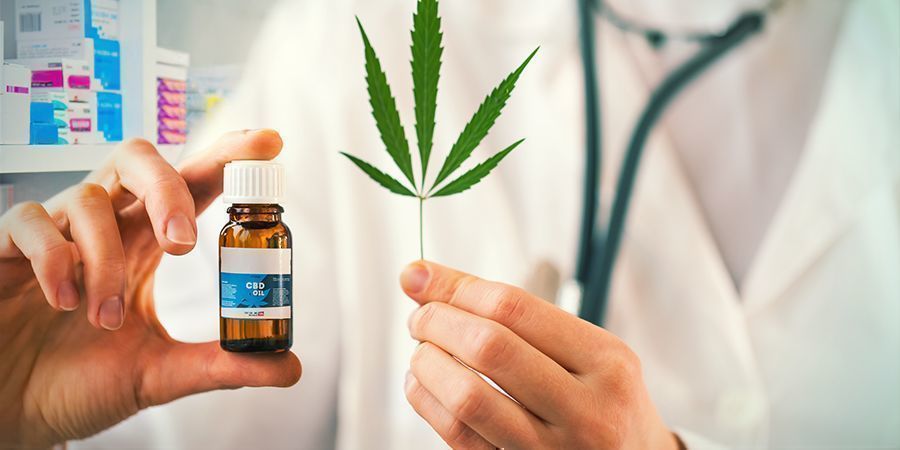
This is another major flaw in the Uruguayan cannabis market.
In November, the Observer announced that there’d be a new cannabis oil available at Uruguayan pharmacies in a matter of months. The oil will be elaborated by ICC Labs, a Canadian company operating in Uruguay.
But until this oil hits the shelves, Uruguay faces a serious supply-demand problem for medicinal cannabis products. According to the Ministerio de Salud Publica[3], there’s only one other medicinal cannabis product currently available via pharmacies. And that oil retails for around $70 USD.
Meanwhile, headshops and grow stores across the country sell all kinds of artisanal “medical” cannabis products, including tinctures, creams, and balms. These products are far from regulated, and the people selling them and giving out information about their use definitely aren’t doctors. They also sell for far less than the oil currently available from pharmacies.
If Uruguay wants to really set an example on how to regulate cannabis, it needs to take a stance against the sale of these unregulated products. At the same time, it needs to set up a reliable system for regulating cannabis products designed for medicinal use. This system needs to give Uruguayan patients access to products that are tightly regulated, not sold next to papers and bongs at a headshop.
THERE ARE LESS THAN 20 LICENSED PHARMACIES IN URUGUAY ALLOWED TO SELL CANNABIS
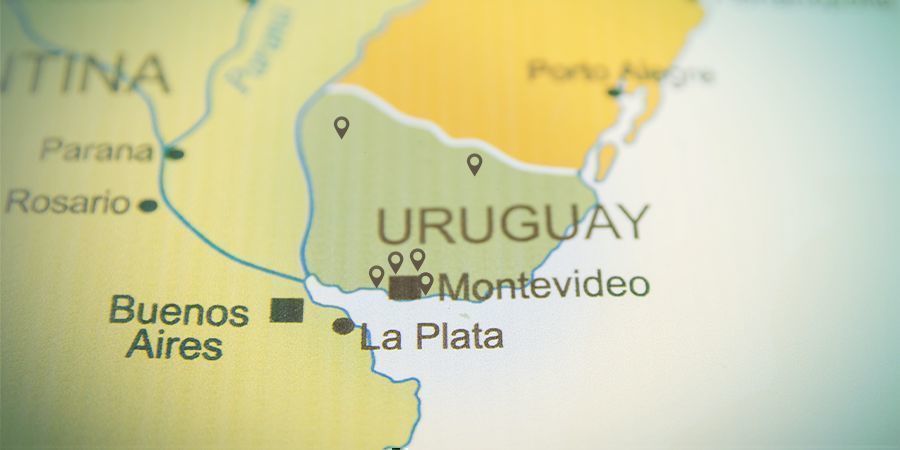
Uruguayans looking to buy cannabis from a pharmacy might be faced with a major problem: finding a pharmacy near them with a license to dispense cannabis. Right now, the Uruguayan Instituto de Regulación y Control del Cannabis has only licensed 17 pharmacies across the country. Seven of these pharmacies are in the capital.
There are nine departments (regions) of Uruguay that aren’t served by a single pharmacy. Uruguayans in these areas are basically left to grow their own cannabis or buy from a club if they’re lucky enough to have one nearby. That brings us to our next problem:
ONLY 11 DEPARTMENTS HAVE LICENSED CANNABIS CLUBS
Uruguay currently has 114 legal cannabis clubs. And while that might seem like a lot, there are still eight departments that don’t have a single registered club. Some of those departments, like Durazno, Soriano, and Florida, also have no licensed pharmacies, which leads us to our next (and final) major problem with Uruguay’s cannabis system...
THERE’S STILL A BLACK MARKET FOR CANNABIS IN URUGUAY, AND NOT JUST FOR TOURISTS
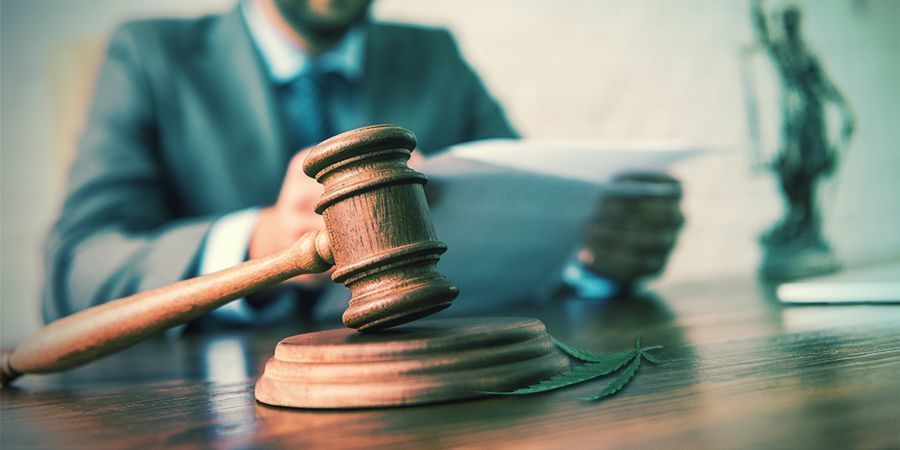
In order for legal cannabis systems to work, they need to meet the demands of their customers. If they don’t, someone will come in and meet those needs illegally. This is exactly what’s happened in Uruguay. Although the Uruguayan government likes to think it’s leading the way in regulating cannabis, it’s still got a long way to go.
If Uruguay really wants to eliminate the illicit cannabis market, it needs to:
- Address the black market targeting tourists
- Regulate the market for medicinal products
- Make cannabis accessible via clubs and pharmacies all across the country
Until this happens, Uruguay, like many other Latin American countries, will be home to a bustling and potentially brutal black market for drugs.
- (n.d.). Uruguay, the first country where you can smoke marijuana wherever you like | Cannabis | The Guardian - https://www.theguardian.com
- (n.d.). Nuevo aceite de cannabis medicinal estará en las farmacias en tres meses a menos de US$ 30 - https://www.elobservador.com.uy
- (n.d.). Ministerio de Salud Pública habilitó venta de cannabis medicinal a empresa que cumplió con requisitos | Ministerio de Salud Pública - https://www.gub.uy














 United States
United States











